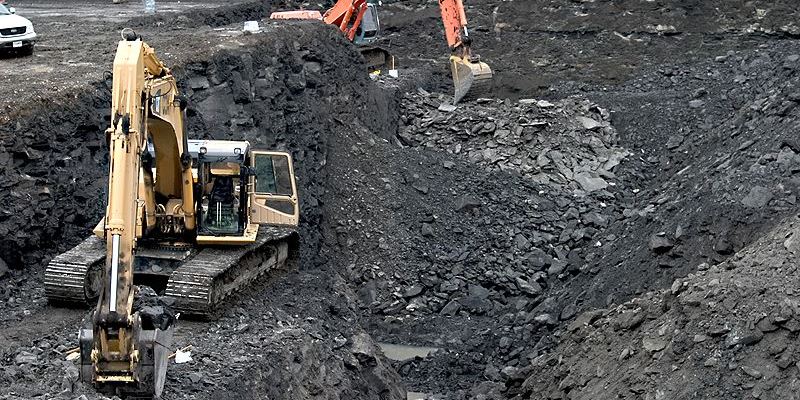Policy uncertainty major barrier to developing Canada’s mining industry

With countries increasingly dependent on nickel, aluminum, copper and lithium to generate lower-carbon-emitting energy, mining has become a matter of national security for Canada, which wants to reduce its reliance on countries such as Russia and China for these key minerals.
According to reports, the federal government plans to accelerate permitting processes and expedite the production of minerals used to create solar panels, wind turbines and electric vehicles. However, other government policies continue to hurt Canada’s attractiveness for mining investment, frustrating the enormous potential of its mining sector.
Every year, the Fraser Institute surveys mining investors around the world to determine which jurisdictions are attractive—or unattractive—for investment, based on government policies and geological potential. The survey spotlights policies (taxes, duplicative regulations, availability of labour and skills, etc.) that impact investment decisions. The most attractive jurisdictions tend to match their mineral endowments with a competitive policy environment, or overcome a lack of mineral potential with solid policies.
This year, three Canadian provinces—Saskatchewan (3rd), Newfoundland and Labrador (4th) and Quebec (8th)—are among the top 10 most attractive jurisdictions for mining investment globally. Among countries and continents, Canada maintained its position as the second-most attractive region globally for mining investment (trailing only Australia). However, Canada’s strong mineral potential—not a solid policy environment—drives its attractiveness. When focusing solely on policy factors, Canada drops to the fourth-most attractive region for mining investment, behind the United States, Europe and Australia. According to the survey, senior mining executives continue to cite policy uncertainty around protected areas and disputed land claims as major barriers to investment in almost every Canadian jurisdiction.
For example, 83 per cent of respondents for Manitoba, 69 per cent for Nova Scotia and 56 per cent for Ontario indicated that uncertainty around disputed land claims was a deterrent to investment—compared, for example, to only 9 per cent for Nevada and none for Utah. Similarly, 89 per cent of respondents for Nunavut, 84 per cent for Northwest Territories and 77 per cent for Nova Scotia pointed to uncertainty over which areas will be protected and off-limits for mining exploration compared to only 15 per cent for South Australia and 22 per cent for Nevada.
Moreover, several provinces and territories with significant mineral potential continue to struggle due to poor government policies. For example, Ontario ranks 7th for mineral potential, indicating strong and attractive geology, but has failed to align its mineral potential with a solid policy environment to fully capitalize on its strength. When focusing solely on policy factors, Ontario falls to 18th out of 62 jurisdictions, suggesting significant room for improvement on the policy front.
Similar challenges exist in Manitoba and Yukon where an insufficient policy environment hinders robust mineral potential. Despite ranking among the top 10 most attractive jurisdictions worldwide in terms of mineral potential, Yukon drops to 31st on government policy factors alone. Investors have expressed concern about the quality of infrastructure, disputed land claims and protected areas.
The need for improvement is not simply an academic concern. The Canadian mining sector employs approximately 665,000 people and contributes to around $125 billion to the economy, representing approximately 4 per cent of the country’s total economic output.
Clearly, governments cannot solely rely on their jurisdiction's mineral potential—competitive policies are key to attracting investment. The results of this year's survey underscore the pressing need for improvements in mining policies. For Canada to attract the necessary investment to develop critical mineral resources, governments must reform their policies or risk losing ground to other countries and missing out on opportunities to help grow the economy and sustain well-paying jobs for Canadians and their families.
Authors:
Subscribe to the Fraser Institute
Get the latest news from the Fraser Institute on the latest research studies, news and events.


